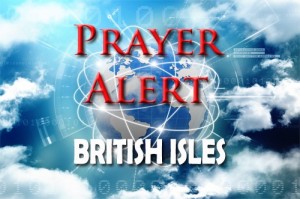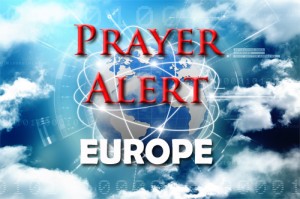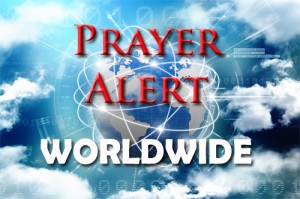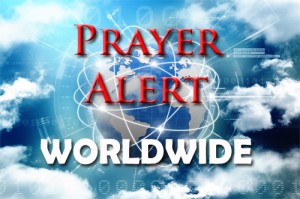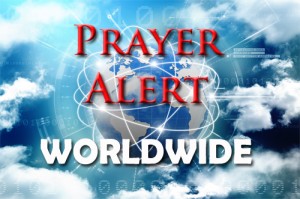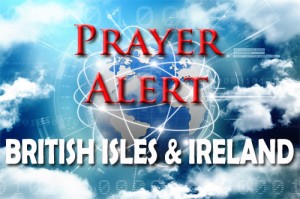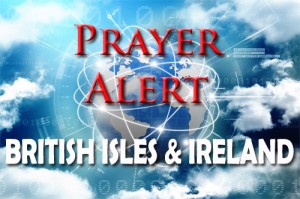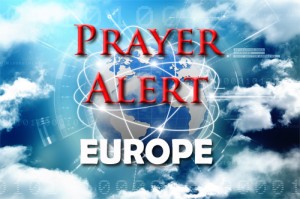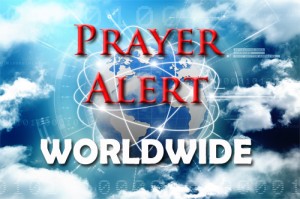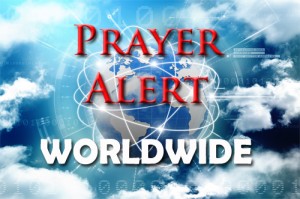Displaying items by tag: Politics
Universal Credit rollout delayed
The next stage of Universal Credit rollout will be scaled back, amid concerns it has made an estimated 3.2 million households worse off. It has also run over budget, is years behind schedule, and is said to have forced claimants into destitution and in some cases even prostitution. Others say they have been left to rely on foodbanks. The Trussell Trust, which runs national foodbanks, said it welcomed the news but added, ‘It will come too late for the thousands making new UC claims over the coming year. As an urgent priority, the 5+ week wait for a first payment must end’. When she started as work and pensions secretary, Amber Rudd, said she would listen ‘very carefully’ to concerns. She admitted the system could be better, and promised to ‘learn from errors’ and adjust the system where needed. See also
Italy: using 'yellow vests' to shake up EU
Italy’s Five Star Movement is plotting with similar groups in Poland, Croatia, and Finland to shake up the EU and end Brussels control. Luigi di Maio, leader of the anti-establishment party, is meeting with a number of emerging movements across Europe to create a ‘group of direct democracy’ to challenge the ‘current crop of elitist EU parties’. He will also call on the so-called ‘yellow vest’ movement, which has threatened to sink Emmanuel Macron’s reign as French president, to help spearhead the people’s revolution in Brussels, according to Laura Agea, Five Star’s most senior figure in the Belgian capital. She said, ‘Our goal is to be decisive for the next European Parliament. We will focus on direct democracy, the health of citizens, fighting poverty, and defending the excellence of Made in Europe.’
Three elections on 24 February 2019
On this day a national referendum to ratify Cuba's new constitution will take place; the government says that gay marriage protections will be removed from the draft, but this is still being argued by politicians. Moldova’s elections are under a new mixed electoral system which people do not trust. Pray for peaceful electioneering and outcomes in both these situations. Since the military coup in Thailand, a new political party, the youthful Future Forward Party, has emerged (see). Critics say the constitution dilutes the power of elected governments and embeds the role of the military role in politics and policy for the next twenty years. Activists have been calling on the government not to postpone the election again, amid fears that it might do so.
USA: Christians in politics - church controversies - cover-ups
Since Donald Trump became president, people are talking of renewed Christian political advocacy. With Democrats retaking Congress, and headline-grabbing activism around the migrant ‘caravans’ on the Mexican border, religious liberals could sway policy debates in 2019. Meanwhile the United Methodist Church’s bishops will hold a special conference in February to resolve a year-long debate about its current stance on homosexuality. It currently bans ordaining non-celibate homosexuals or blessing same-sex marriages. Many within and outside the denomination expect the conference to lead to a schism. A 1,300-page report has detailed how 301 Catholic priests abused 1,000+ children over several decades while the hierarchy shielded perpetrators from accountability. On 2 January, bishops began a prayer retreat over this problem, with a summit of Catholic leaders scheduled for February.
USA: the wall - the shutdown – the people
Donald Trump is prepared to prolong the current government shutdown because the ‘humanitarian and national security crisis on the southern border’ necessitates funding a wall. This plan is popular with his fanbase, but most Americans oppose it by a 10-to-20 point margin. Trump has Republican support, but Democrats feel they have public support; so the standoff about the shutdown continues. Also, before signing an anti-human trafficking measure on 9 January, Trump said, ‘Israel put up a wall to protect them, and they don’t have a problem any more’. He seems to equate Hezbollah terrorists, Hamas, IS, and the Palestinian ‘second intifada’ attacks with a few thousand migrant families at the Mexican border. See
Hunt orders review of persecuted Christians
Foreign secretary Jeremy Hunt has asked the Bishop of Truro to review the plight of persecuted Christians worldwide. The bishop will look at government efforts to help the 215 million Christians who faced discrimination and violence last year. Officials say violence against Christians is rising dramatically, with an average of 250 killed every month. The review will map the persecution of Christians in key countries in the Middle East, Africa, and Asia. Mr Hunt said the UK ‘must do more. So often, the persecution of Christians is an early warning sign of the persecution of every minority.’ He added, ‘Britain has long championed international religious freedom.’ The review, due to be completed by Easter, will analyse current Government support and offer ambitious policy recommendations.
Politicians must make 'stark choices'
The shadow treasury minister Clive Lewis, in a newspaper interview, has said MPs must show leadership, and persuade consumers to make dramatic lifestyle changes, if devastating climate change and mass extinctions are to be averted. Cutting back on red meat and taking fewer flights are two of the ‘real, stark choices’ needed in the years ahead. Lewis said, ‘If you want your children and grandchildren to avoid food shortages, to avoid power shortages, to avoid biological degradation, biodiversity loss - if you actually want a planet that’s habitable - then we need to make some choices together, now, and some of them are about quite dramatic changes to how we live.’
France: Macron’s combative message
Emmanuel Macron delivered a defiant New Year's address on TV, vowing to push forward with economic reforms despite the protests by the ‘yellow vests’ over the past two months. He acknowledged their anger over injustices, but he also strongly condemned their leaders, ‘who claim to speak for the people, but in fact speak for a hateful mob - attacking elected representatives, security forces, journalists, Jews, foreigners and homosexuals - these are quite simply the negation of France.’ He promised that his economic reforms would continue despite the prolonged clashes between protesters and security forces that have turned French cities into battlegrounds, and rejected demands for referendums on major policy decisions and the possibility of ousting elected representatives, including the president himself. The ‘yellow vests’ vowed to continue their protests.
Israel: early elections could lead to violence
On 26 December the Knesset disbanded and called elections for 9 April. The same day, Mahmoud Abbas disbanded the Palestinian legislature, with a view to 2019 elections. Many say it is hard to see how new parliamentary elections can take place in the West Bank and Gaza at the same time. ‘When Abbas dissolves the Palestinian parliament and the Knesset dissolves itself in the same week, Hamas smells trouble’. There is concern that Israel will block Qatari financial aid and seek an excuse to suspend the cease-fire deal. The Zionist Union, a joint list of the Israeli Labour party and the Hatnuah party, has broken up ahead of the Knesset elections. At the same time the Labour party, which has dominated Israeli politics for the past thirty years, is declining in popularity: see https://worldisraelnews.com/zionist-union-party-dissolves-ahead-of-elections/ An Israeli defence source told Al-Monitor that Israel assumes Hamas is gearing up for another round of widespread violence. The relative calm could end at any moment.
Elections needing prayer in 2019
The results of forthcoming elections will be important in many ways - domestic, religious, regional and global. El Salvador elects a president on 3 February: security, corruption and migration will be campaign issues. On 16 February President Buhari seeks re-election in Nigeria, where electoral violence remains a real concern. Ukraine’s presidential election on 31 March will focus on security and the economy. Afghanistan’s fourth presidential election since 2001, on 20 April, will test its capacity to conduct a credible, orderly process amid deteriorating security conditions. In South Africa the ruling ANC, dogged by record-high unemployment and corruption, faces an election test in May following the resignation of President Zuma. European parliamentary elections between 23-26 May will see anti-Europe and Euro-skeptic forces capitalising on anti-immigration and populist economic issues post-Brexit. In Guatemala, general elections in June will focus on the economy, reforms to public administration, migration, and anti-corruption issues that have divided the country over recent years.
